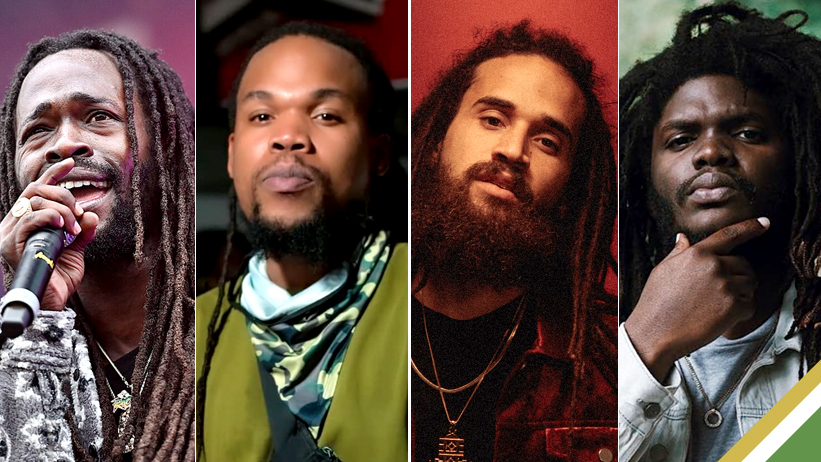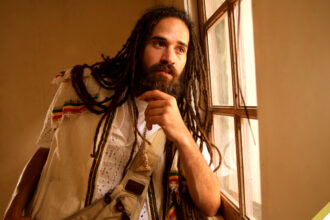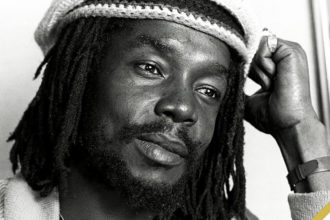On the anniversary of the Coral Gardens Massacre—also known as “Bad Friday,” one of the most harrowing chapters in Jamaica’s history—reggae torchbearer Keznamdi has re-released Justice featuring Errol Edwards, a gripping short film from his debut album Bloodline. More than a visual companion to a song, the film is a powerful act of remembrance and resistance, chronicling the brutality endured by the Rastafarian community during the 1963 state-sanctioned crackdown. The cinematic project also features poignant appearances from Keznamdi’s Rastafarian compatriots and collaborators: soulful singer Mortimer, Grammy-nominated artist Jesse Royal, and acclaimed actor Kenzic—together amplifying a narrative too often silenced in mainstream discourse.
As one of reggae’s most passionate social advocates of his generation, Keznamdi has firmly positioned himself not only as a voice for the culture but as a vessel for truth. “We remember the Coral Gardens Massacre — a time when Rasta were punished for living truth, for wearing locks, for standing firm,” he wrote on Instagram. “But Rasta is the heartbeat of Jamaican culture whether you want to accept it or not — from music to message, roots to resistance. You can’t erase what built the foundation.” The Coral Gardens Massacre, which unfolded over Easter weekend in 1963, saw more than 150 Rastafarians rounded up, detained, beaten and in some instances killed—many without charge—following a violent altercation in Montego Bay. Though largely suppressed for decades, the atrocity received formal recognition in 2017, when Prime Minister Andrew Holness issued a national apology and announced reparations for survivors.
Keznamdi’s commitment to justice doesn’t stop at the historical. Just last month, the Pressure singer made headlines for criticising the Jamaican government’s recent $1,000 JMD increase to the national minimum wage. “I feel like it was very insensitive to raise the minimum wage by $1,000, and then right after that dem increase fi dem thing enu,” he told The Jamaica STAR after delivering a fiery set at the 60 Hour Earth concert in Hope Gardens. “Who can live pan $15,000 a week?” he questioned, shining a light on the deepening economic disparity in a country where inflation and wage stagnation continue to squeeze the working class.
As he readies his forthcoming sophomore album Blood and Fyah, set for release later this spring, Keznamdi shows no signs of slowing down. Among the most anticipated tracks is Bun Di Ganja, a collaboration with dancehall heavyweight Mavado and Trinidadian reggae icon Marlon Asher. Scheduled for release next month, the track bridges consciousness and culture, addressing Jamaica’s fraught relationship with ganja while celebrating its spiritual and medicinal legacy. It also offers a timely counterpoint to Mavado’s ongoing legal troubles, reinforcing music’s role as a balm for societal wounds.
With a voice that challenges, heals, and uplifts, Keznamdi continues to carry the flame lit by reggae’s founding elders—fearlessly pushing boundaries while staying rooted in truth. Through music, message, and memory, he reminds Jamaica and the world that justice delayed is not justice denied—and that the heartbeat of Rasta still echoes through every corner of the culture.













